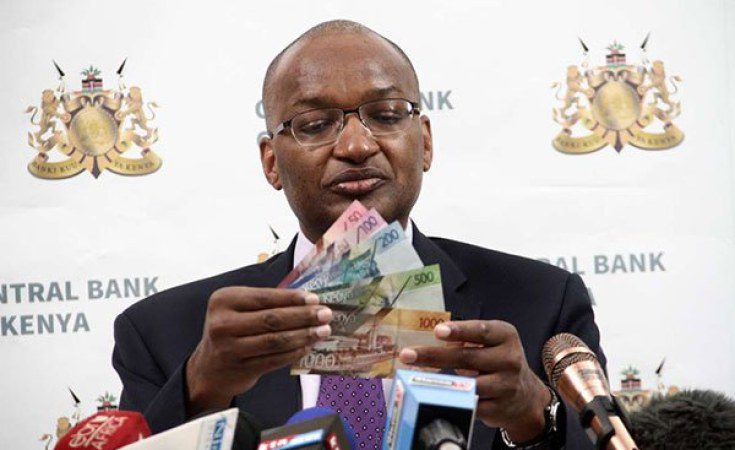In Kenya, the news headlines in recent years have been filled with reports of corruption, drug trafficking, money stolen from public funds and all sorts of criminal cases involving huge sums of money. In the year 2006, the ODM leader, Raila Odinga, said that the boom in the Nairobi stock exchange that was being experienced at that time was as a result of drug traffickers who were using the market to clean their money. During this period, the property market was doing great with 50% appreciation in the middle and high-income areas. Could this be the reality of the property market in Kenya today?
Just as an investor is attracted to real estate investment, the property market is often used as a suitable destination for any financial criminal. The property market is stable and has a high chance of appreciating. Therefore, the criminals will not only be cleaning the money but they can invest in the market or even buy a house and use it as home.
In a newspaper by the business today, one of the project managers in Karen was keen to note that there are individuals who have sceptically acquired wealth and are on their way to laundering the money into the real estate business. Such individuals easily make their way into the market due to lack of clear regulations requiring any investor to follow before investing in any property. Such regulations should include disclosure which is very necessary for high prices. The Kenyan property market should follow the example set by the South African government where buyers are supposed to make specific disclosures to a real estate agent. As a result, their property market has never again been the target of financial criminals.
Last year, experts had warned Kenyans on the rise of goods and services in the future as dirty money made its way into the market with the aim of laundering the market to beat the central bank of Kenya at its work. Laundered money could lead to serious consequences such as high inflation rate in the country. This is because laundered money is not linked to the production of goods and services that earn our country money.

4 Bedroom villa for sale in Syokimau

4 bedroom house for sale in Athi River

Houses for Sale in Ngong, Kajiado County

Four bedrooms Villas on sale in Ngong

Beachfront Apartment in Prestigious Nyali
]But why has the claim of dirty money in the property market been persistent over the years? Kenya has been reported to be a major route in drug trafficking, some of the criminals holding high positions in the government. These claims have been supported by arrests made in the country, some in the high ends of Nairobi estates, the suspects having drugs worth millions. However, players in the market property neither support nor deny the probability of dirty money being used to develop properties in Kenya.
The lack of law to regulate transactions in the property market has been pointed out in this article as one of the reasons why the property market is the target of many criminals. lack of harsh consequences against these criminals could also be another factor. Crime and Anti-Money Laundering Bill 2008 suggested that there should be the establishment of financial reporting centres, an anti-money laundering advisory committee, assets recovery agency and a criminal assets recovery fund. These bills aim to come up with international standards that could prevent money laundering and promote the implementation of the standards. We are yet to see this law working.
The most propitious way to catch financial criminals is by using banks to trail the large sums of money deposited into individual accounts. This is because of disclosures and anti-laundering regulations for banks which allow them to report to the Central Bank of Kenya and the police in cases of large deposits. But this would only work if the suspects are dumped enough to deposit the money into the bank.

